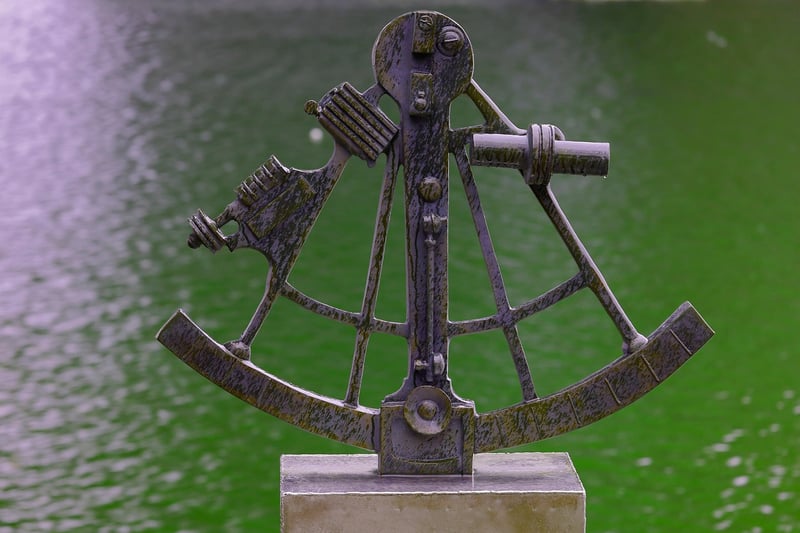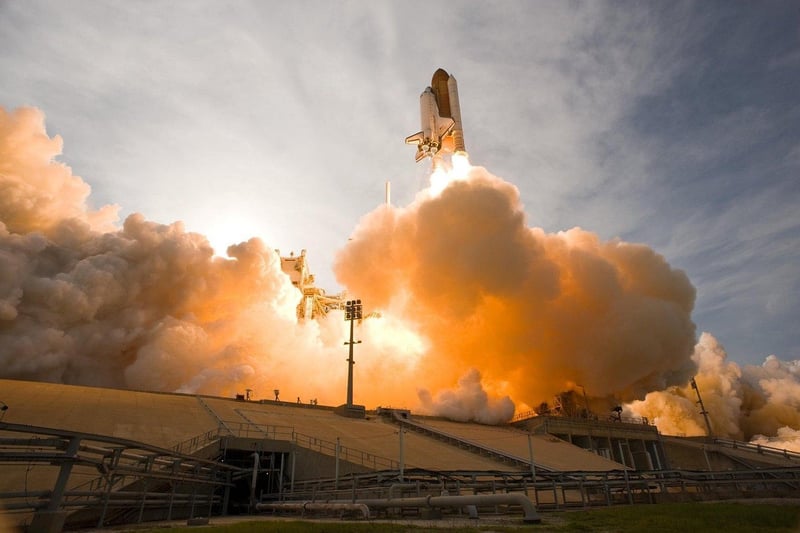Future Exploration
The Evolution of Exploration: From Ancient Voyages to Future Frontiers
Exploration has been a fundamental part of human history, driving us to discover new lands, cultures, and knowledge. From ancient seafarers navigating uncharted waters to modern space missions probing the cosmos, each era of exploration has shaped our understanding of the world and beyond. Let's embark on a journey through time to explore the different eras of exploration and what the future holds for humanity's quest for discovery.
Ancient Explorers: Charting the Unknown
Ancient civilizations such as the Phoenicians, Greeks, and Polynesians were among the first to venture beyond familiar territories. The Phoenicians, skilled seafarers, explored the Mediterranean, while the Greeks undertook voyages of discovery in the Aegean Sea. The Polynesians, using celestial navigation, traversed vast stretches of the Pacific Ocean, settling remote islands like Hawaii and Easter Island.

Age of Discovery: New Worlds and Trade Routes
The Age of Discovery in the 15th to 17th centuries witnessed European explorers like Christopher Columbus, Vasco da Gama, and Ferdinand Magellan sailing across the oceans in search of new trade routes and lands. These explorations led to the discovery of the Americas, establishment of global trade networks, and interactions between diverse cultures.

Modern Exploration: Conquering the Final Frontiers
In the modern era, exploration extended beyond Earth into space. The Space Race between the US and the Soviet Union in the mid-20th century culminated in humans landing on the moon in 1969. Robotic missions to Mars, Jupiter, and beyond have furthered our understanding of the solar system and the universe, paving the way for future manned missions to Mars and beyond.

Future Exploration: Towards New Horizons
As we look to the future, exploration continues to inspire us to push the boundaries of what is possible. Projects like SpaceX's mission to Mars, NASA's Artemis program to return humans to the moon, and the search for exoplanets with potential for life are shaping the next chapter of exploration. Advancements in technology, robotics, and artificial intelligence are opening up new possibilities for exploring the cosmos and understanding our place in it.

Whether by land, sea, air, or space, exploration remains a driving force for human curiosity and progress. Each era of exploration builds upon the achievements of the past, propelling us towards new horizons and expanding the frontiers of knowledge.
Let us continue to embrace the spirit of exploration, venture into the unknown, and discover the wonders that await us beyond the known world.
